#MUSTAFA ABU ALI
Text

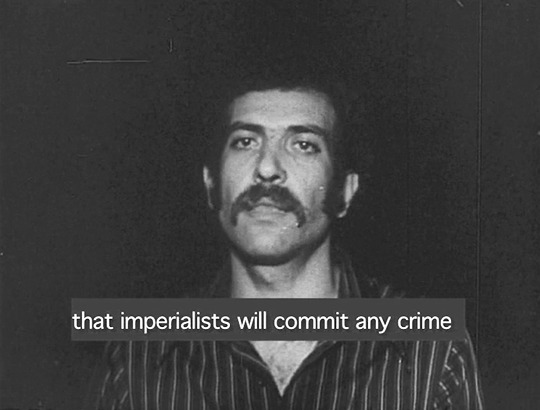
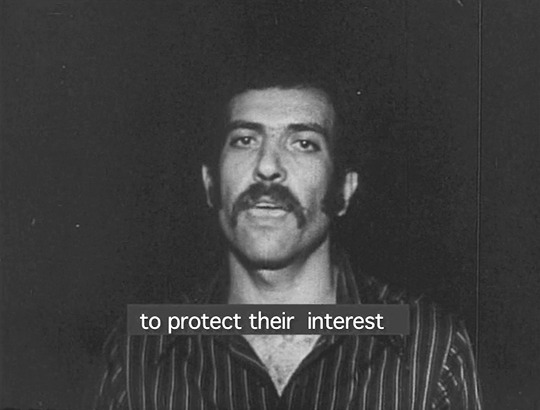

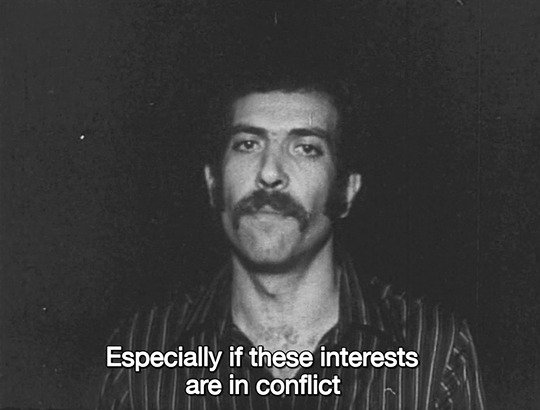
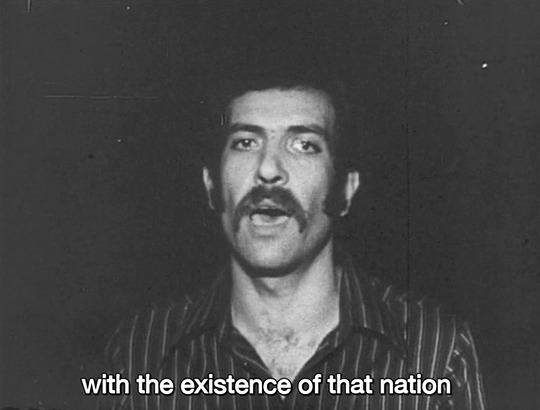
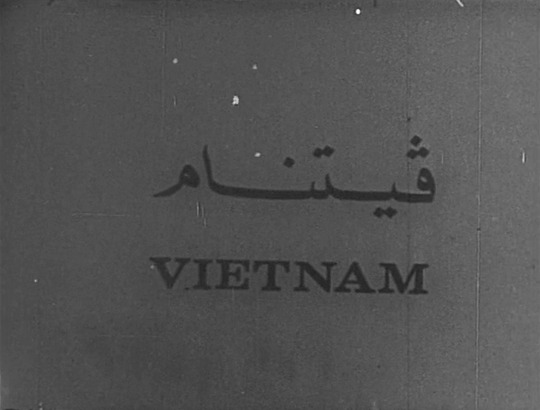

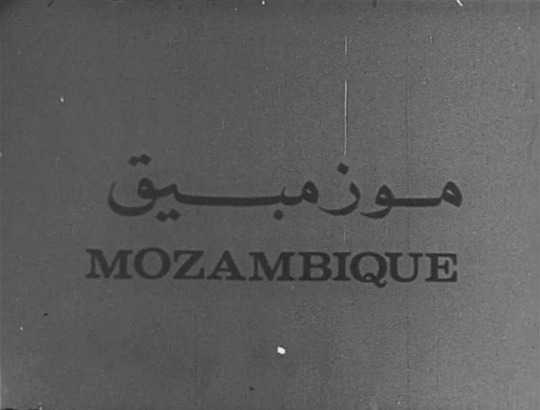
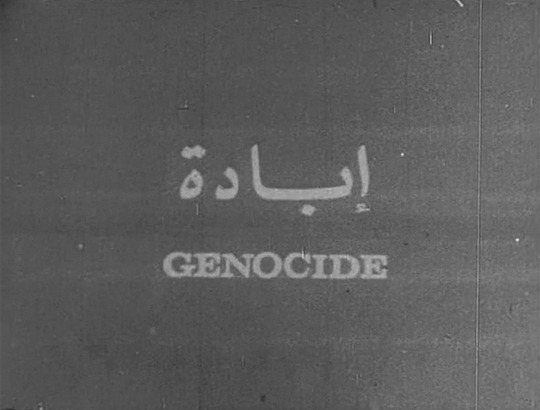
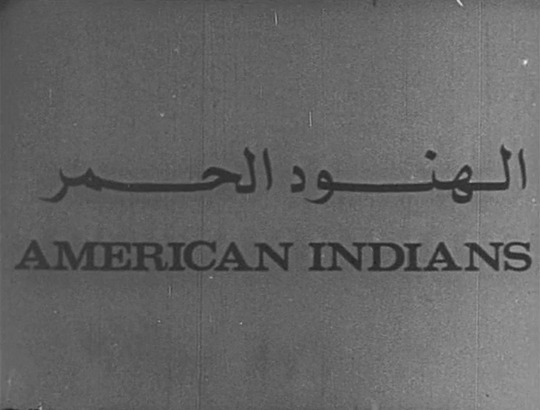
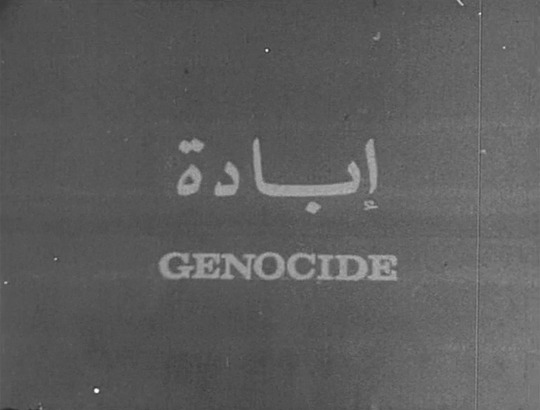
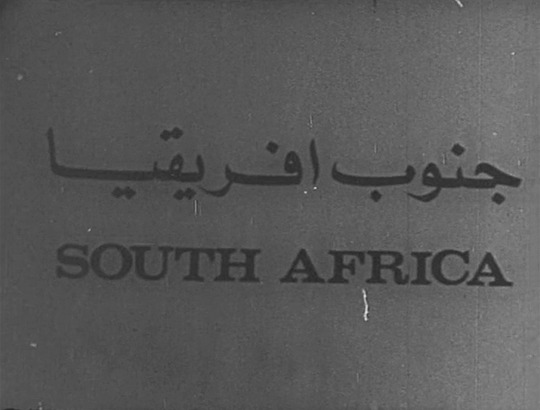
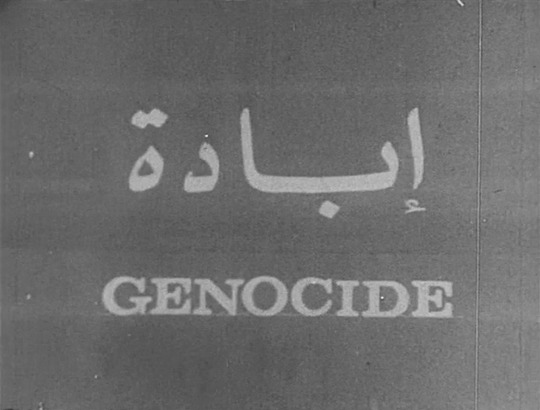
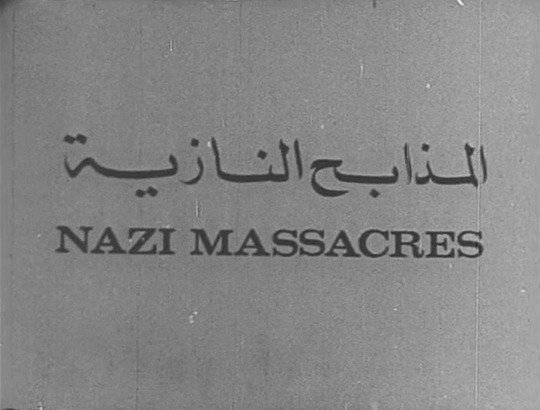
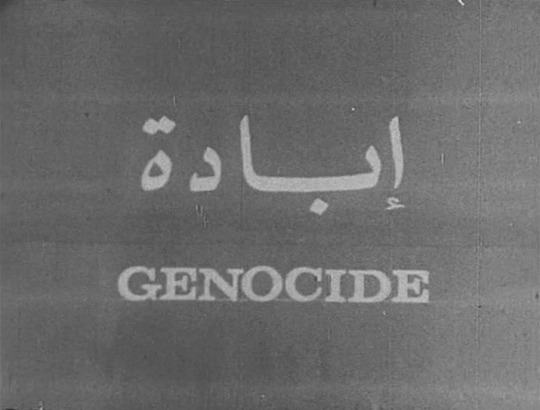
They Do Not Exist (1974) by Mustafa Abu Ali (watch)
from PalestineCinema.com:
Salvaged from the ruins of Beirut after 1982, Abu Ali's early film has only recently been made available. Shooting under extraordinary conditions, the director, who worked with Godard on his Ici et Ailleurs (Here and Elsewhere), and founded the PLO's film division, covers conditions in Lebanon's refugee camps, the effects of Israeli bombardments, and the lives of guerrillas in training camps. They Do Not Exist is a stylistically unique work which demonstrates the intersection between the political and the aesthetic. Now recognised as a cornerstone in the development of Palestinian cinema, the film only received its Palestine premiere in 2003, when a group of Palestinian artists "smuggled" the director to a makeshift cinema in his hometown of Jerusalem (into which Israel bars his entry).
Abu Ali, who saw his film for the first time in 20 years at this clandestine event noted: "We used to say 'Art for the Struggle', now it's 'Struggle for the Art'"
#mustafa abu ali#they do not exist#they do not exist 1974#for the missing subs pls message me for the link. just got the yt version and the subs to sync!#palestinian cinema#documentary#screencaps#global struggle#resistance#palestine#jean luc godard#post#history
15K notes
·
View notes
Text

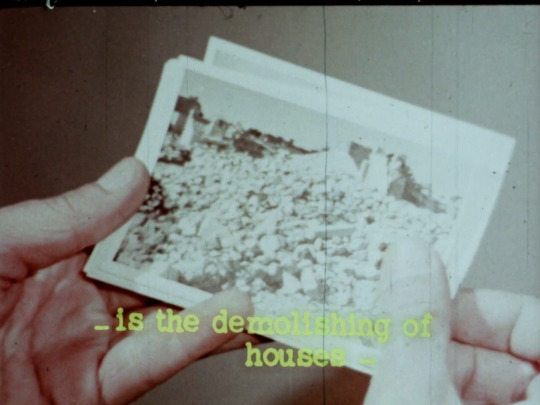
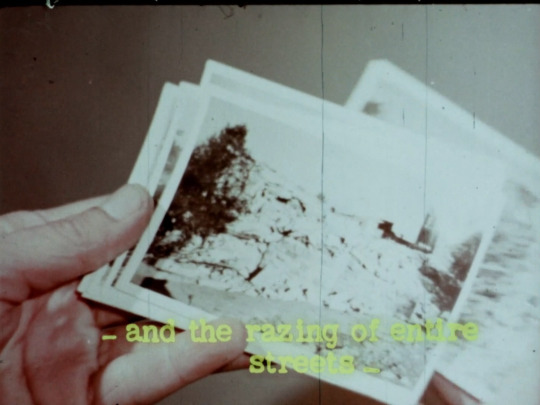








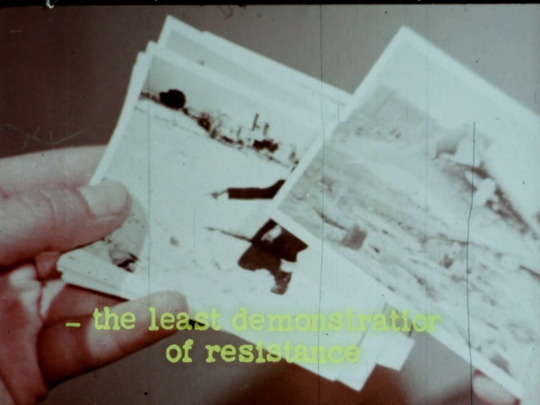
Scenes of the Occupation from Gaza (1973) dir. Mustafa Abu Ali
312 notes
·
View notes
Text

They Do Not Exist (1974), dir. Mustafa Abu Ali
51 notes
·
View notes
Text

Mustafa Abu Ali, {1973} Scenes of the Occupation from Gaza
#film#gif#mustafa abu ali#scenes of the occupation from gaza#1973#photos in films#subtitles#1970s#palestine#colour#short film#male filmmakers
50 notes
·
View notes
Photo






Palestine in the Eye (1976)
Mustafa Abu Ali
Palestine in the Eye chronicles the profound impact of Hani Jawharia’s death for the PLO Film Unit. The film reflects on his life through interviews with family, colleagues, and his own cinematography, including the moment of his death while filming for the Unit in 1976. An homage to the cinematographer Hani Jawhariya of the Palestine Film Unit of the PLO, which contributed significantly to the emergence and body of the films of the Palestinian resistance. Jawhariya was killed in filming in Lebanon. The film is one of the few remaining documents of the work of the Palestine Film Unit.
178 notes
·
View notes
Text



Palestine in the Eye (1977, Mustafa Abu Ali)
7 notes
·
View notes
Text

Popular Front For The Liberation Of Palestine (PFLP)
Military wing known as the Abu Ali Mustafa Brigades.
659 notes
·
View notes
Text
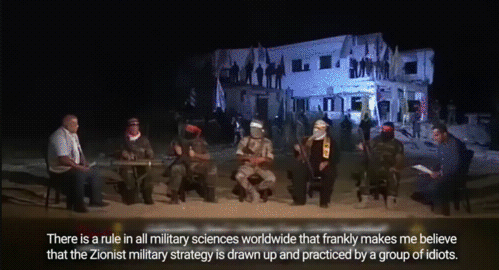
Abu Jamal, as spokesman for the armed wing of the PFLP, the Abu Ali Mustafa Brigades. [video]
#pflp#abu ali mustafa brigades#guerrilla#guerrilla war#resistance#palestine#free palestine#gif#2015#war#communism#gaza#anti-zionism#anti-imperialism#revolution#Popular Front for the Liberation of Palestine#abu ali mustafah brigades
406 notes
·
View notes
Text

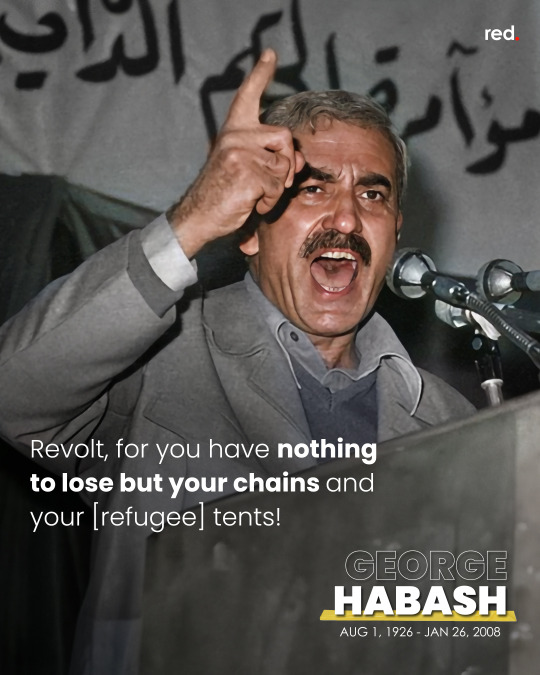




#glory to the martyrs#glory to the resistance#from the river to the sea#Palestine#leila khaled#george habash#georges abdallah#abu ali mustafa#abu jamal#nizar banat#🔻🇵🇸
621 notes
·
View notes
Text
🇵🇸⚔️🇮🇱 🚨
PLFP AND DFLP PALESTINIAN RESISTANCE FORCES SHELL THE INVADING ZIONIST ARMY
📹 Scenes from the artillery forces of the Abu Ali Mustafa Brigades, belonging to the Popular Front for the Liberation of Palestine (PLFP), in conjunction with the forces of the Martyr Omar al-Qasim Brigades, belonging to the Democratic Front for the Liberation of Palestine (DLFP), target the Israeli occupation army as it advances into the Al-Zaytoun neighborhood, southeast of Gaza City, using 160mm heavy mortar shells.
#source
@WorkerSolidarityNews
#abu ali mustafa brigades#popular front for the liberation of palestine#omar al qasim brigades#democratic front for liberation of palestine#palestinian resistance#axis of resistance#the resistance#islamic resistance#middle east#gaza conflict#israel palestine conflict#politics#news#geopolitics#world news#international news#global news#war#palestine#breaking news#israel#gaza#gaza war#war in gaza#israeli occupation#resisting occupation#free palestine#palestinians#occupation#israeli occupation forces
42 notes
·
View notes
Text
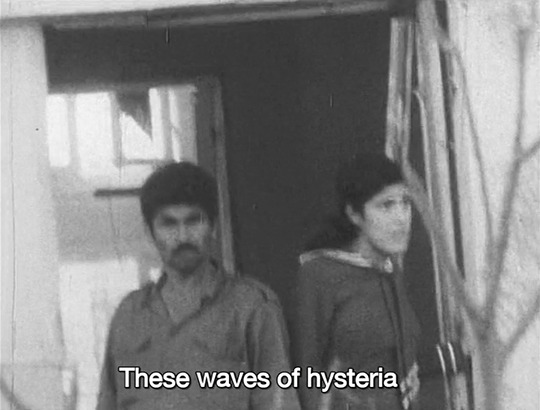
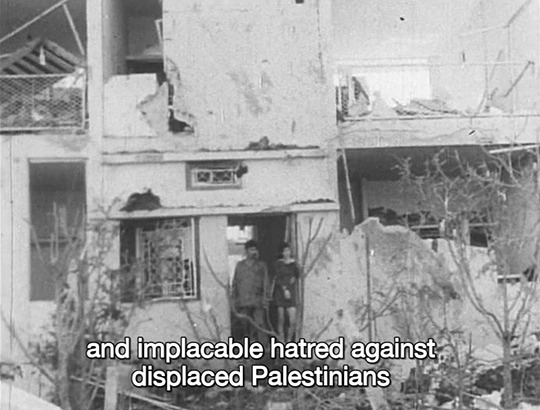
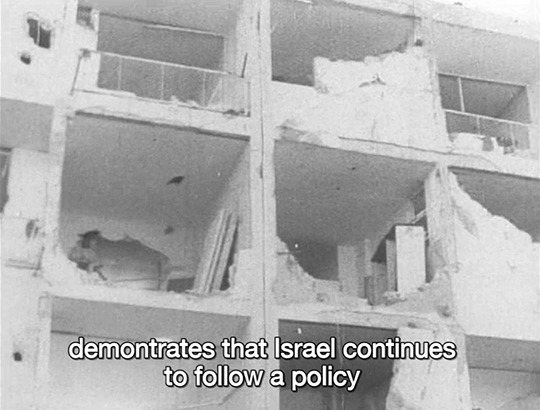

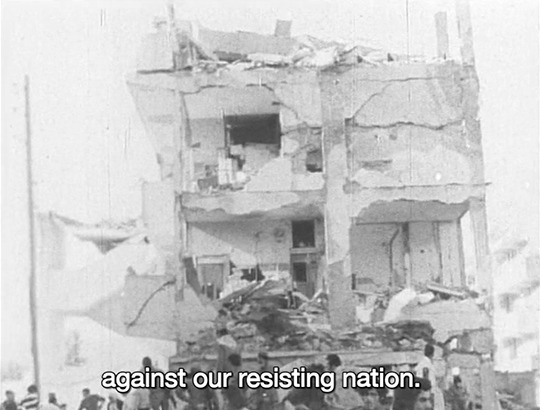
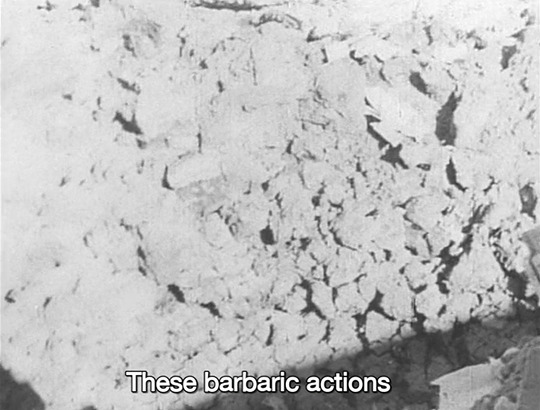
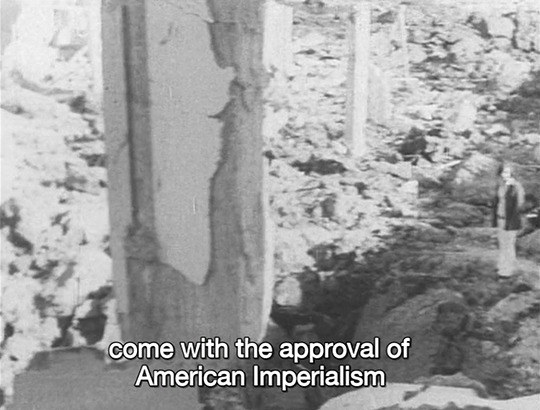
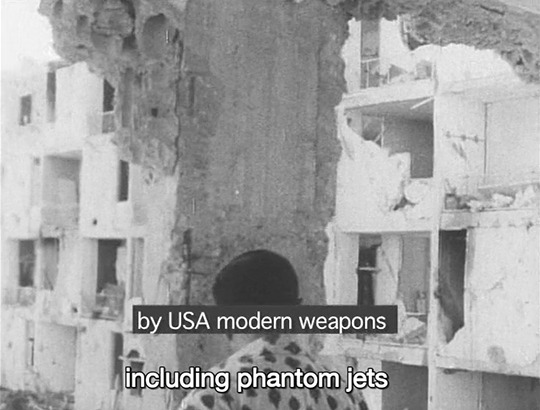

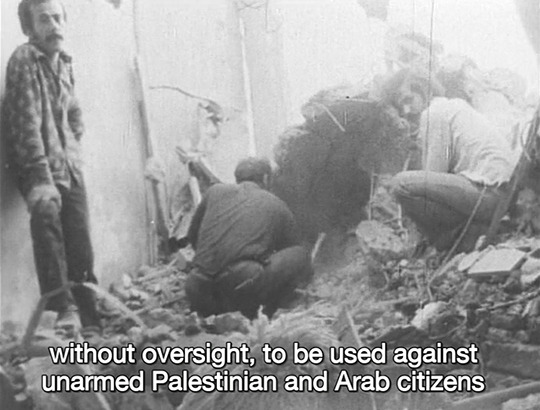

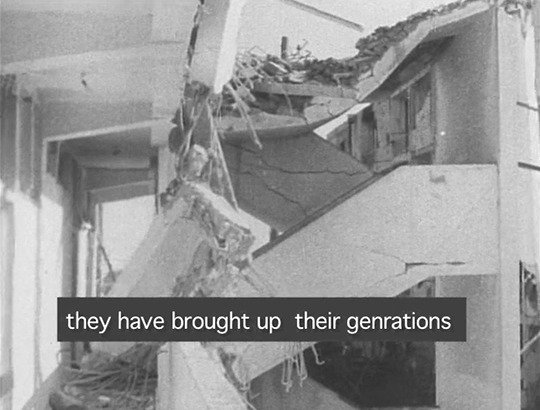
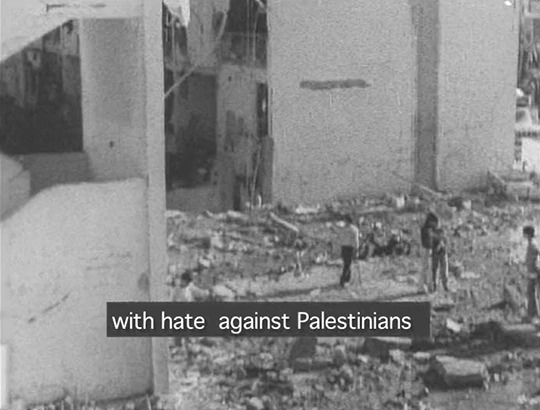
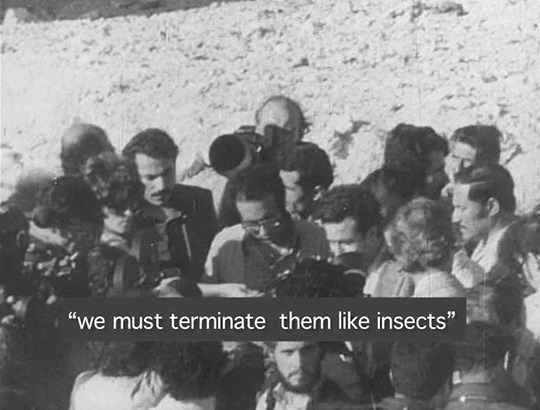
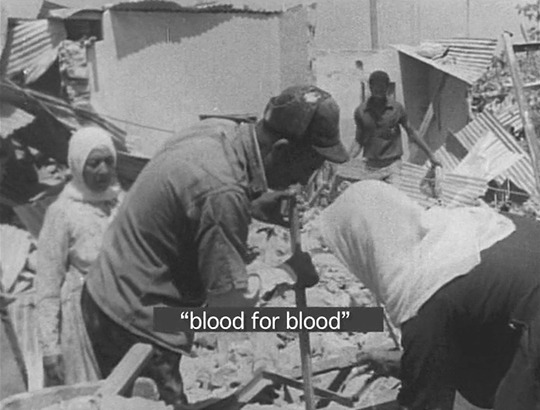

They Do Not Exist (1974) by Mustafa Abu Ali (watch)
#mustafa abu ali#they do not exist#they do not exist 1974#for subs for on missing parts msg me!#documentary#palestinian cinema#palestine#israel shall fall in this lifetime#and the US empire with it#come the fk on !we cannot .let#screencaps#post
2K notes
·
View notes
Text










Scenes of the Occupation from Gaza (1973) dir. Mustafa Abu Ali
211 notes
·
View notes
Text

Today, 27 August 2024, we mark the 23rd anniversary of the assassination of Palestinian revolutionary and national leader Abu Ali Mustafa by Zionist occupation forces, using US-made and US-provided helicopter-fired missiles, in a bloody illustration of the alliance of Zionism and imperialism that is amplified today in the genocidal Zionist assault on Gaza, armed with U.S.-made and -sponsored weaponry. The General Secretary of the Popular Front for the Liberation of Palestine, Abu Ali Mustafa was targeted in his office in occupied Al-Bireh, Palestine, part of the systematic mechanism of assassination that continues to characterize the attacks on the leading martyrs: Ismail Haniyeh, Fouad Shukr, Saleh al-Arouri, and so many others. He has become a symbol of resistance, Palestinian unity and confrontation of the occupation, known by his famous words when entering Palestine: “We return to resist, not to compromise.”
Samidoun Palestinian Prisoner Solidarity Network salutes Abu Ali Mustafa, a popular, revolutionary leader of the Palestinian liberation movement, who remained committed to the Palestinian resistance, the Palestinian people and the liberation of Palestine, from the river to the sea, until his last moment. He continued his work even though he knew that he was targeted, because he was determined to never abandon the cause of the people, resisting and struggling in the Al-Aqsa Intifada and developing the struggle after the devastation of Oslo….
Abu Ali Mustafa was a son of the Palestinian popular classes, born in 1938 in Arraba, Jenin, Palestine. He left school in the third grade and worked as a boy in the factories of Haifa before and during the Nakba and the Zionist colonization of Palestine. At the age of 17, he joined the Arab Nationalist Movement, founded by Dr. George Habash (al-Hakim), Wadie Haddad, Abu Maher al-Yamani (himself a labour leader), Basil al-Kubaisi, Ahmad al-Khatib, Hani al-Hindi and their comrades, and played a leading role in the ANM of the 1950s and 1960s.
He returned to the occupied West Bank of Palestine in 1999 — to his place of birth, Arraba, Jenin. He expressed clearly that his return to Palestine was accompanied by a very clear commitment to resistance and liberation, including and particularly the armed resistance. In 2000, at the sixth congress of the PFLP, Abu Ali Mustafa was elected General Secretary of the Front. His presence as a principled national leader in occupied Palestine was not a concession to the Palestinian Authority and the Oslo framework but served as a challenge to the so-called “peace process” — and this is why he was targeted for assassination. Over 50,000 Palestinians marched in his funeral in central Ramallah.
As a response to the targeted assassination of Abu Ali Mustafa, the PFLP elected its general secretary Ahmad Sa’adat — today imprisoned in Zionist jails and one of the leadership figures of the imprisoned Palestinian resistance, alongside Abdullah Barghouthi, Marwan Barghouthi, Ibrahim Hamed, Abbas al-Sayyed, Hassan Salameh and over 9,500 Palestinian prisoners — and targeted the notoriously racist Zionist tourism minister Rehavam Ze’evi several weeks later on 17 October. Of course, Ze’evi was widely known and notorious for his demands for the complete ethnic cleansing of Palestine. The successful assassination of Ze'evi sent a clear message from the Palestinian resistance – that the Israeli assassination policy would not be tolerated and that an assassination of Palestinian leaders would be met with an equal response. This project remains critical today, as Hezbollah responds to the assassination of Fouad Shukr (Sayyed Mohsen), and as the entire alliance of resistance forces in the region awaits the coming response to the Zionist assaults on Yemen, the assassination of Ismail Haniyeh, and the ongoing Zionist/imperialist genocide in Gaza.
12 notes
·
View notes
Text
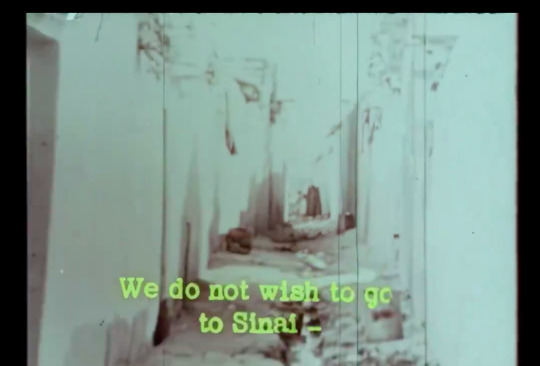

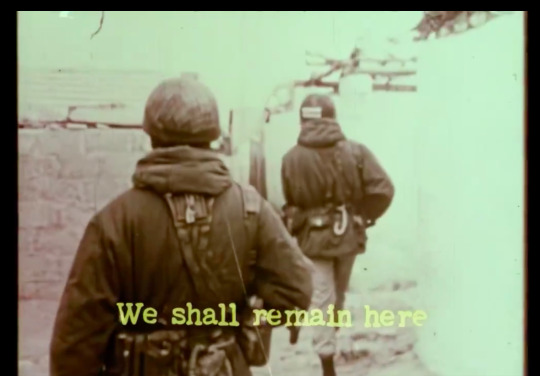

from Scenes of the Occupation from Gaza, a short film by Abu Ali Mustafa, 1973
36 notes
·
View notes
Video
vimeo
EPISODE 010: Translations of Memory: The Films of Palestinian Cinema (Part One)
Understanding the history of Palestinian cinema begins with an understanding of its positioning in survival through decades of war and the diaspora of its culture. The events of the "Nakba", which sought the displacement and dispossession of an entire Palestinian nation, in 1948 set a paradigm of violence against Palestinians and the sovereignty of their land. Many of these tragic events, and those that took place leading, were captured by filmmakers alongside the birth of celluloid film technology, however, many of these films remain either lost or destroyed to this day. Film historians, and many Palestinian filmmakers, can identify Palestinian cinema through its four periods that are divided by significant markers of social change.
In Part One of Episode 010: Translations of Memory: The Films of Palestinian Cinema, we look into the signifying factors that shifted the first and second waves of Palestinian Cinema. Palestinian cinema is most recognized for its resistance to settler occupational forces that debilitated decades of independent productions, while its nation of people struggled to crystallize its unity and cultural homogeny, as much of its historical films were lost, and thus only exist today through memory and re-distributed by oral storytelling.
LA CINEASTE invites you to visit our Patreon where you can find exclusive content and written materials found in our film essays. Our Patreon also offers tiers that you can contribute to monthly.
Patreon Link
Youtube Link
Thank you for watching!
#PALESTINE#PALESTINIAN CINEMA#KHADIJA ABU ALI#MUSTAFA ABU ALI#MAI MASRI#MUHAMMED BAKRI#MICHEL KHLIEFI#RASHID MASHARAWI#NAKBA#FILM HISTORY#IBRAHIM HASSAN SIRHAN#JAMAL AL-ASPHAR#KING SAUD#OMAR A-RASHIDI#PLO#PALESTINIAN LIBERATION ORGANIZATION#FREE PALESTINE#APARTHEID#BRITISH COLONIALISM#VIDEO ESSAY#film essay#la cineaste#PATREON
35 notes
·
View notes
Text


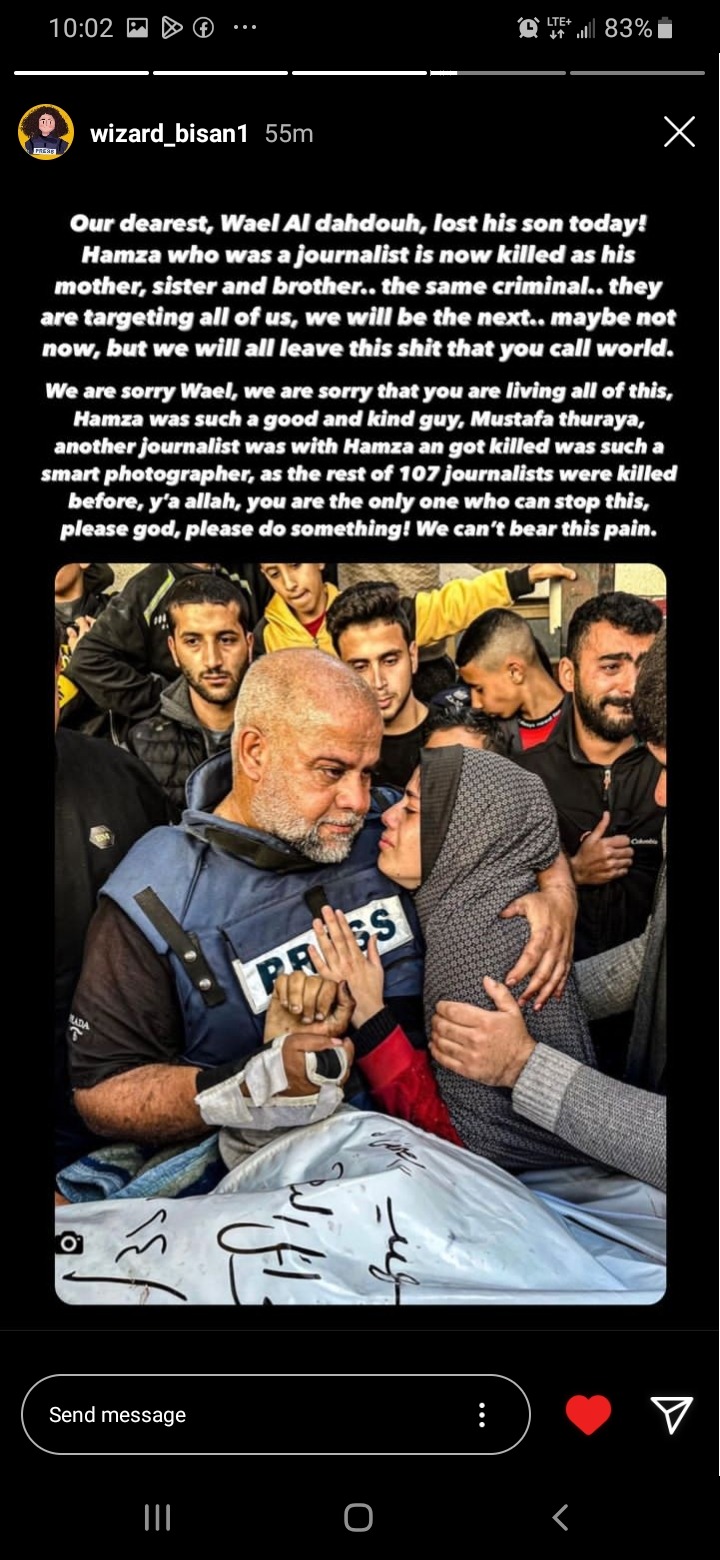
These are just from Motaz's and Bisan's stories earlier. There is an outpouring of grief on every palestinian journalist's page today. It's a lot.
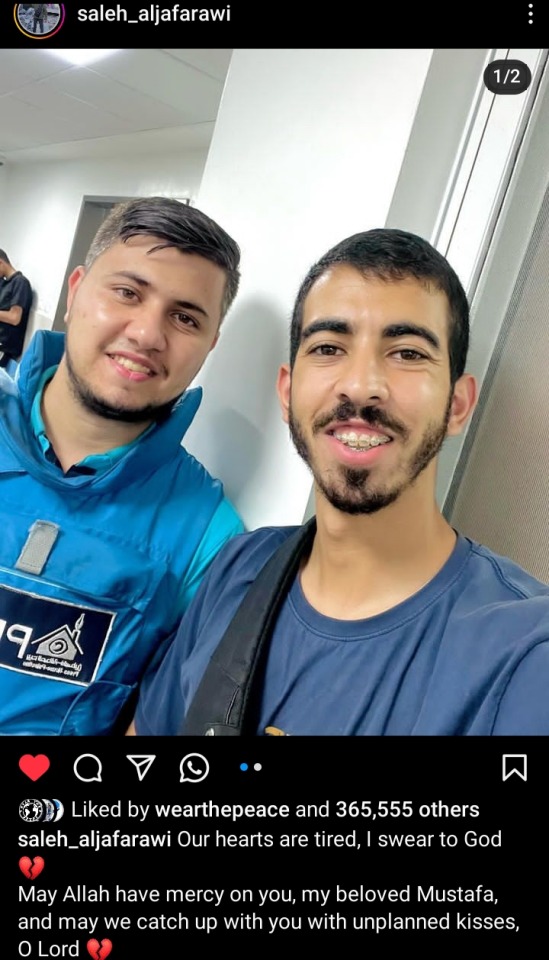
From Saleh.
Hind Khoudary broke down on Al Jazeera while sharing her last conversation with Abu Hamza. I couldn't help but cry with her. How much more of this? This targeting of journalists and their families? This targeting of civilians just walking or riding on the street? In southern Gaza no less. In Rafah, the furthest place south anyone can go, where they were told to go.
Photojournalist Ali Salem Abu Ajwa was also killed today.
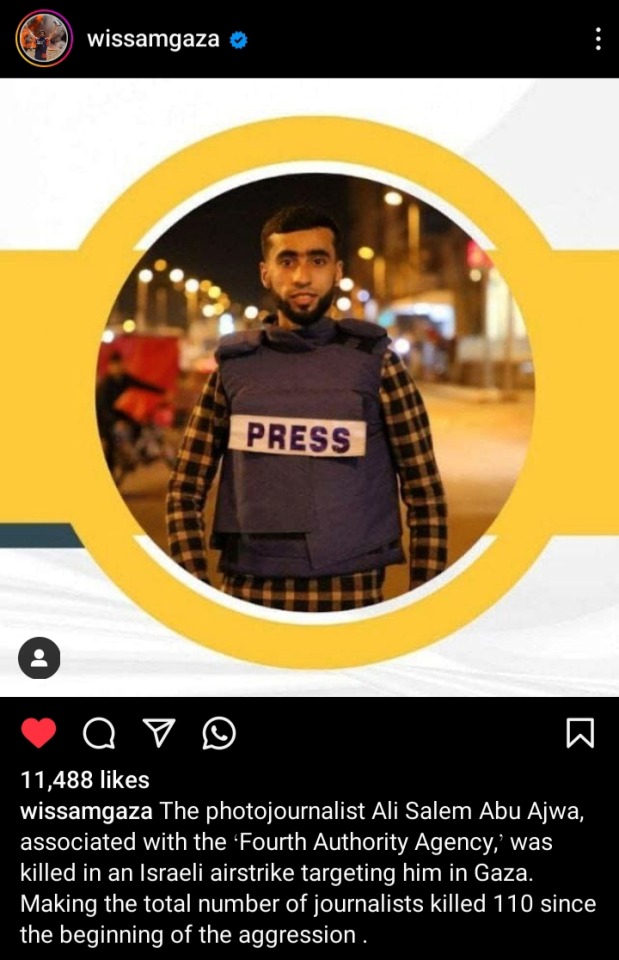
That's 3 in one day and the day isnt over, God forbid. I ask again how much more? May they rest in peace 🕊
#palestinian journalists#hamza dahdouh#mustafa thuraya#wael dahdouh#motaz azaiza#bisan owda#hind khoudary#ali salem abu ajwa#gaza#free gaza#palestine#free palestine#current events#gaza update#ceasefire now#end the genocide#tw grief#tw death#more journalists than ever before#how do you justify this#social justice#heartbreaking 💔#🍉
37 notes
·
View notes